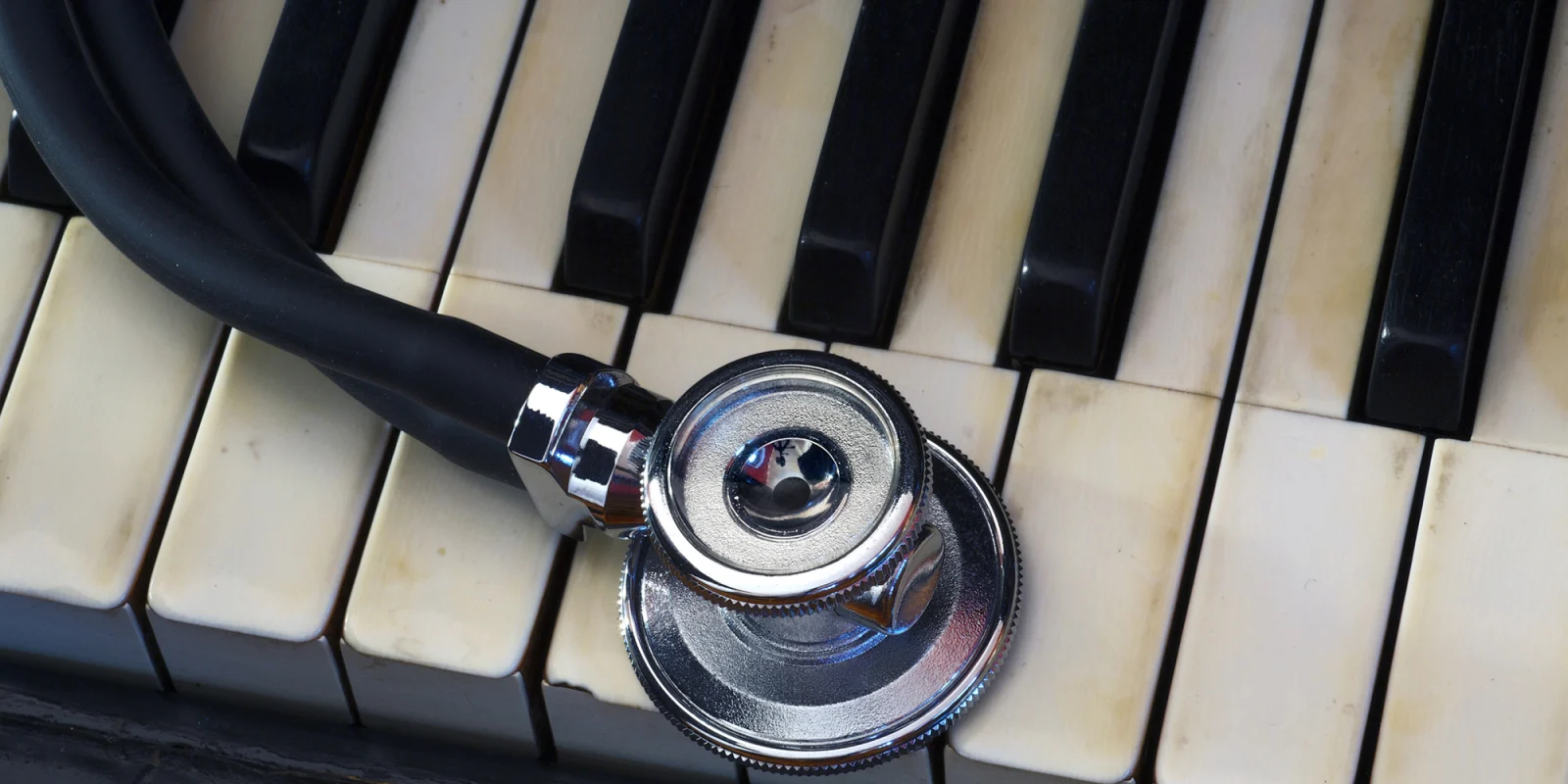
Contrary to popular belief, there is time during medical school for extracurricular activities and relationships with friends, family, and significant others. You won’t have time for everything you want to do, but you can choose to make time for what’s important to you.
Through trial and error, I’ve found a passion that I think about often throughout the day: DJing. It has become a way for me to connect with friends, family, and strangers through a creative means, and it allows me to dissociate myself from the stress of medicine. I’m thinking of my next move all of the time, whether it be going on DJCity to look for the latest remixes or watching Steve Aoki’s live set from Ultra Miami.
My passion for music has crossed over organically into my clinical rotations. During my surgery clerkship, I would get “pimped” on the music that the attendings played in the operating room. Luckily, I got the answers right and was glad I didn’t have to brush up on 80s classics instead of the vast vascular surgery anatomy. “Camilo, my faith in humanity has been restored,” said one of the surgeons, referring to how a trainee was able to recognize the music he enjoys.
Often times, hobbies are regarded as irrelevant to professional life but what might seem unrelated may actually be a way to connect with preceptors. In a laparoscopic case, the attending surgeon asked, “Do you play video games?” when he noticed that I got the hang of handling the camera rather quickly. Those that are passionate about their hobbies may strengthen connections with others by being more open-minded about introducing hobbies into casual conversation or, as in my case, using it as a discussion point during a surgical procedure (but only when prompted!).
Throughout my medical school experience, I have seen a lack of encouragement to pursue interests outside of academic affairs, with students and trainees often letting their interests fade. Those that are limited on time may gradually discontinue their passions, which once brought them happiness outside of their professional lives. But as providers, how can we take care of others if we do not begin to take care of ourselves?
Burnout in medicine is a concept that I sense on a daily basis in conversations with interns, residents, and fellow students. From my experience, those around me that have passions outside of medicine — photography, hiking, or guitar, for example — have stress-relief outlets that help them decrease the burnout that is so prevalent in the medical community. A few of the ways that I’ve personally been able to combat burnout is by practicing piano, planning events, and performing mixes — all interests that I plan to continue partaking in as a surgical resident. If you had a hobby during high school, undergraduate, medical school, or residency that you left behind, why don’t you consider picking it back up? The answer to burnout is multifactorial, but perhaps we can start with one step at a time.
This year my priority is to excel in my surgery sub-internships and to obtain interviews for residency programs. I’m looking forward to traveling the country for rotations to learn about different surgical preferences and cultures. I understand that it’s crunch time and to maximize my chances to match, I have to give it my all during these away rotations. I’m ready to round on my patients, suture in the operating room, and learn about up-and-coming technology that may revolutionize how surgeons operate. But there’s no reason why I can’t also jump on Ableton Live and produce songs during my free Saturday nights.
Camilo Martinez is a fourth-year medical student at Geisel School of Medicine at Dartmouth College. He is originally from Valencia, Venezuela but grew up in Weston, Florida. He plans to continue DJing while on his path towards becoming a surgeon.







